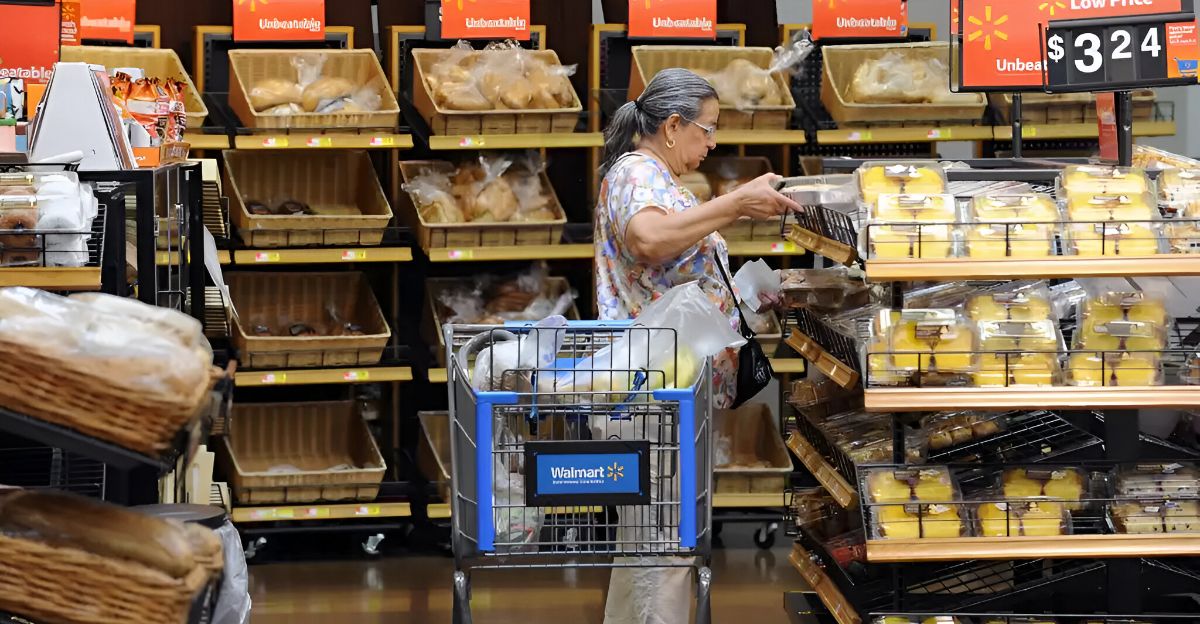
When America’s biggest retailer, Walmart, announces a nationwide recall and asks millions of people to discard ordinary items, it’s not only a fleeting news story—it’s an earthquake that shakes through homes, headlines, and habits.
In June 2025, Walmart’s impromptu recall of two products, an electric blanket and a ready-to-eat food item, sent a clear message: the company values safety above all.
But the effects of this recall don’t stop at a press release, it ripples through our lives, illustrating just how intwined our shopping, safety, and trust have become.
The Roots of the Recall: What Went Wrong?
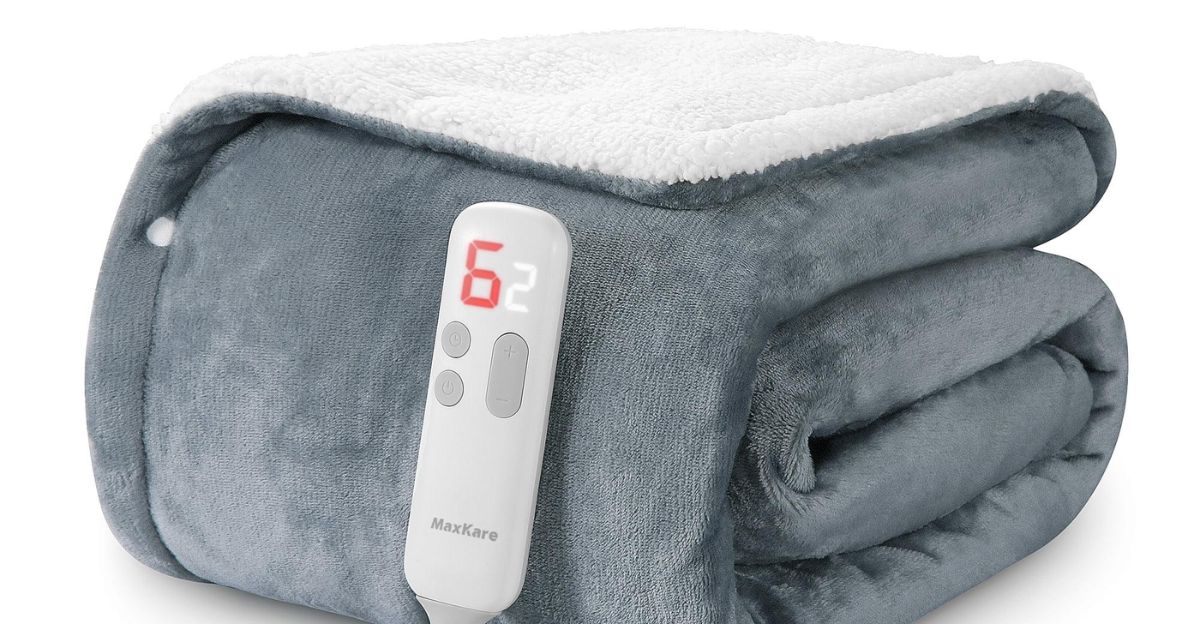
The two major threats which prompted the recall are fire risks emanating from MaxKare’s Electric Blankets and a deadly listeria outbreak linked to FreshRealm’s chicken Alfredo entrees.
The electric blankets, made available through online purchase in 2021 and 2024, had dozens of incidents where they overheated, triggering fires and burns. Meanwhile, the chicken Alfredo meals, distributed nationally, were responsible for three deaths and 17 cases of illness in 13 states.
Walmart’s quick action—removing the products and alerting consumers—underscored the gravity and immediacy of the danger.
The Electric Blanket Dilemma: How Comfort Turns into Risk

MaxKare Electric Blankets, designed to provide both comfort and warmth, were a source of concern after 34 instances of overheating, two fires, and three burn injuries. Sold in brown and gray, the twin bed, full-, and queen-sized blankets were only sold on Walmart’s online store.
Customers were told to stop using and dispose of the blankets immediately and safely. Further, the manufacturer offered refunds for proof of disposal. The news spread online, igniting concern and confusion about overall product safety.
When Ready-to-Eat Meals Are Not So Safe
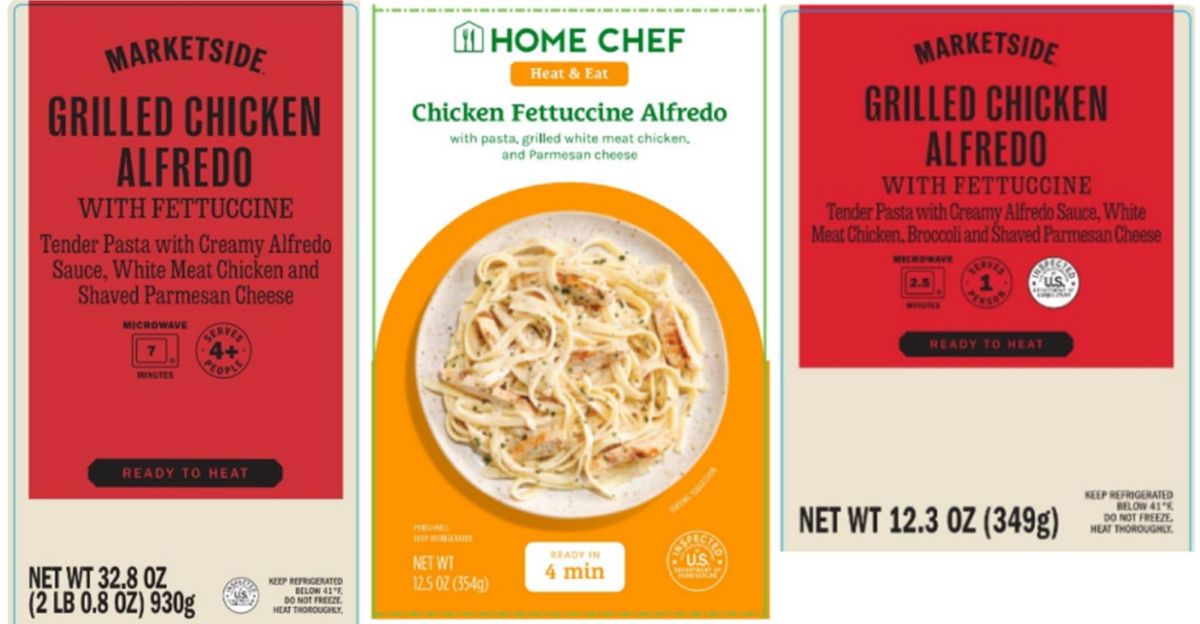
The second wave of the recall struck at the center of America’s dining rooms: FreshRealm’s chicken Alfredo meals, packaged under Walmart’s Marketside brand, were implicated in three deaths, and one miscarriage as a result of a listeria outbreak.
Shipped to Walmart stores nationwide, the meals had best-by dates up to June 2025. The Food Safety and Inspection Service warned that the contaminated products could still be lurking in some refrigerators, turning a convenient meal into a health crisis.
Understanding Listeria

Listeria is a type of bacteria that can contaminate foods like deli meats, dairy, and ready-to-eat meals, causing an illness called listeriosis.
While healthy people may only experience mild symptoms such as fever, muscle aches, or diarrhea, listeria can be life-threatening for pregnant women, newborns, older adults, and those with weakened immune systems.
The impact: Walmart’s Marketside chicken Alfredo meals were unfortunately contaminated with listeria, linking the meals to multiple cases of illness and death.
Industry on Alert: How Science and Retailers Are Responding
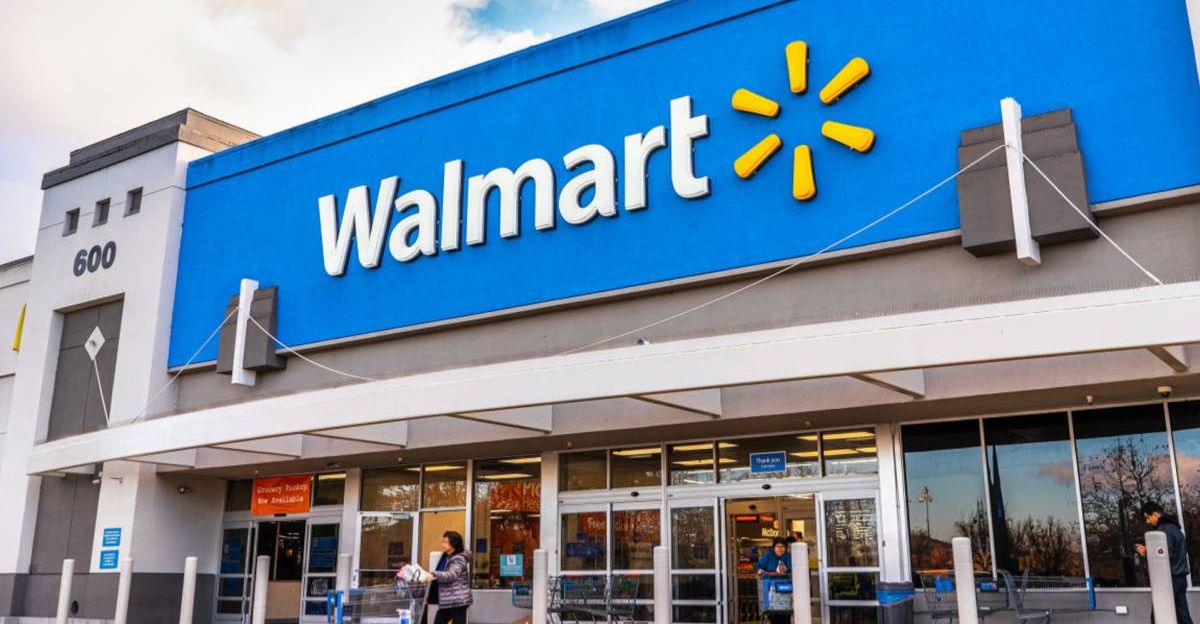
The ripple effects didn’t stop at Walmart’s doors. Food safety experts, regulators, and other retailers soon caught up, double checking their supply chains and examining their recall processes.
Firms sped up testing, as researchers studied how pathogens like listeria bypass modern food safety procedures. This recall has forced mandated behind-the-scenes adjustments in quality control and transparency in the retail industry.
Shifting Habits: Where Do Consumers Go When Trust Is Lost?

Word of the recall traveled quickly, and so did stories on TikTok, Reddit, and YouTube as consumers shared their own experiences of terror. many fled to alternatives like Kroger or local markets.
Moreover, online rants and viral threads exposed a noticeable increase in moldy vegetables or contaminated goods at Walmart that spurred a slow but steady migration away from the retail giant.
Shoppers are now seeking cleaner stores with safer histories, subscribing to CSAs, or just paying more for peace of mind. The recall wasn’t only about one or two products, it compelled customers to rethink their safety and store loyalty.
Walmart’s Recall History: Not the First, Not the Last
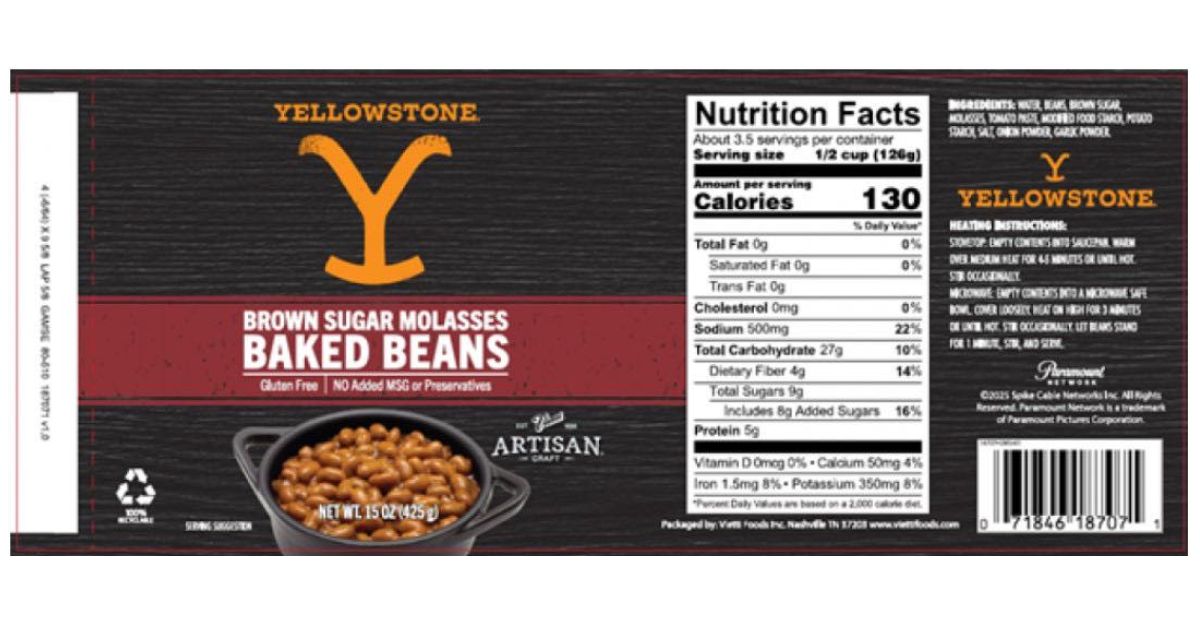
Walmart has a history of product recalls, ranging from assorted beauty and fashion items to pantry staples. In 2025 alone, the company recalled baked beans due to undeclared allergens, broccoli for listeria, and even oyster crackers for foreign particles.
With each case, customer trust dwindles, but it’s also a testament to the scale and complexity of Walmart’s supply chain. Recalls are an inevitable part of retail at this scale, but customer tolerance isn’t infinite. Nevertheless, it seems that Walmart is attempting, in good faith, to correct its mistakes.
Real People, Real Reactions

There’s a human factor here that can’t be ignored. On social media, shoppers expressed anger, bewilderment, and even terror as people shared photos of recalled products, while others recounted near-misses or sickness.
A TikTok user’s rant about moldy food at Walmart went viral, leading to a wave of comparable complaints. But many praised Walmart’s transparency and quick action, knowing that recalls, while a hassle, are proof that the system is working.
Lawmakers and Walmart: Scrutiny, Solutions, and the Path Forward

The recall has caught the attention of lawmakers, regulators, and consumer activists, all clamoring for answers and more protection.
Now, Walmart has promised to make its recall system better, to invest in more advanced supply chain tracking, and to work more closely with federal regulators. Plans for stricter labeling, immediate recall alerts, and even AI-enabled safety inspections are on the table.
The war continues, but the pressure is on Walmart—and the rest of the retail industry—to increase consumer protections.
What You Can Do: Safe Disposal and Staying Informed
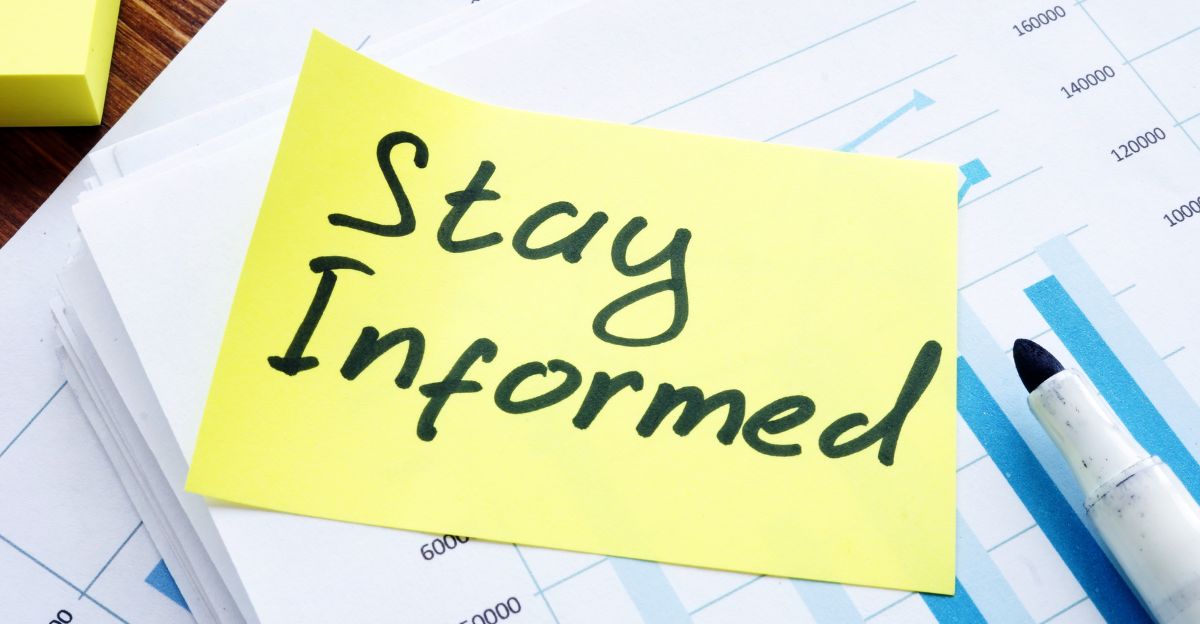
If you have a recalled item, the ideal thing to do is to return it to the store in exchange for a refund or just follow the manufacturer’s instructions for disposal.
With hazardous products like electric blankets, take pictures of them for documentation purposes before disposing of them safely following guidelines—do not just throw them away in the trash.
For recalled food, put it in bags, making sure to keep it away from pets and kids before disposal. Always clean your kitchen and hands thoroughly after handling recalled products.
Most importantly, sign up for recall notifications and check your pantry and appliances frequently—information is your best means for protection.
The Lesson: Trust, Vigilance, and the Future of Shopping
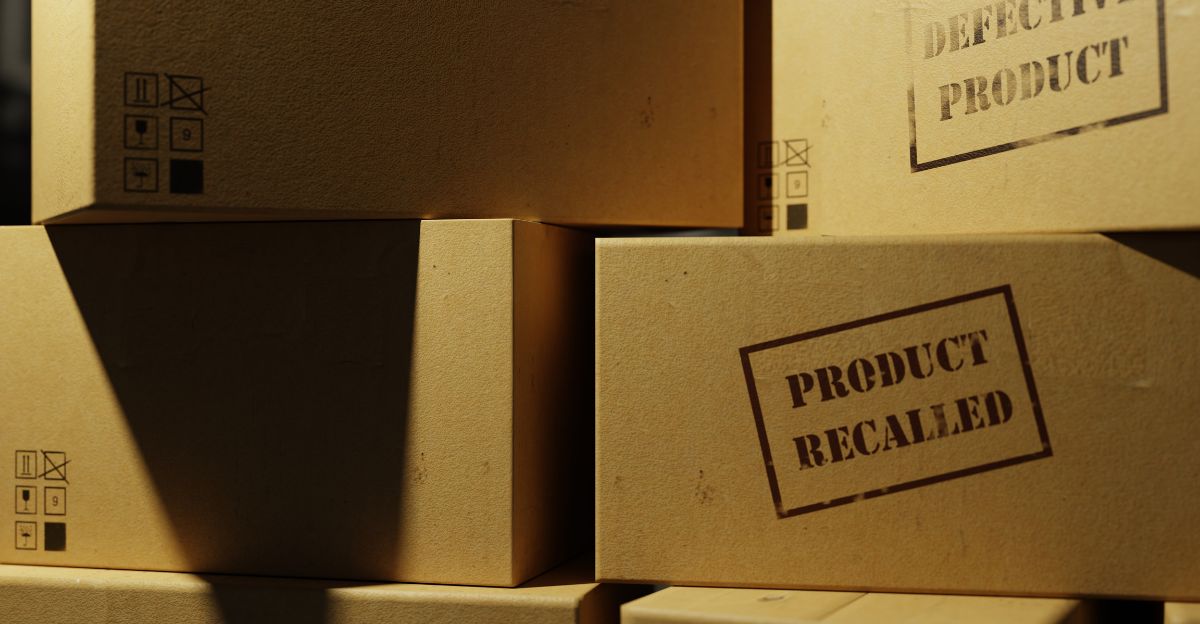
Walmart’s most recent recall is a lesson in how much our lives are tied to what we buy and in what condition we find it. Each recall ripples outward: in our habits, our confidence, and our assumptions about stores.
As consumer voices, supply chains, and technology shift, so must the retail industry’s transparency and safety procedures. The next time you go shopping, remember that vigilance isn’t just prudent, it’s a modern-day requirement.
And in a world of recalls, the level-headed, informed shopper is always the winner.